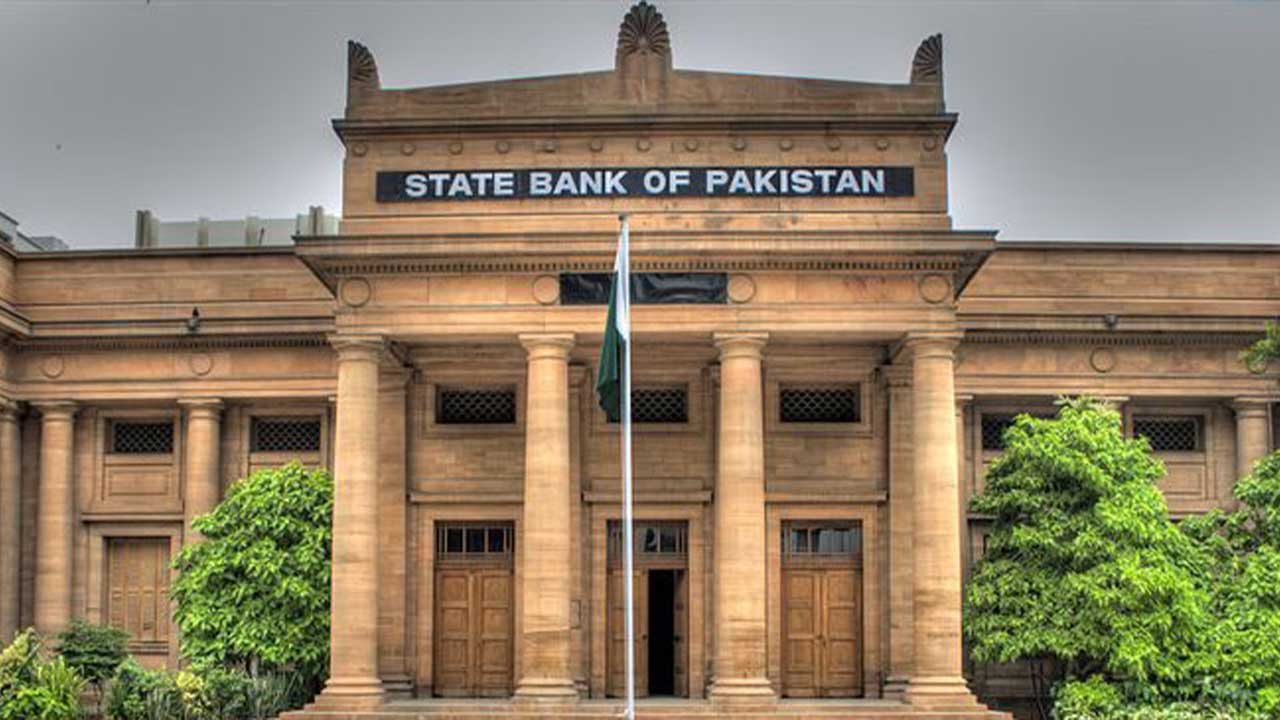- Web
- Feb 05, 2026
FY23 ends with 7.7 per cent budget deficit, debt servicing record high
-

- Hum News
- Aug 18, 2023

ISLAMABAD: The conclusion of Pakistan’s fiscal year 2022-23 witnessed a budget deficit of 7.7%, amounting to Rs6.521 trillion, as debt servicing surged to an unprecedented Rs5.831 trillion.
A summary of the consolidated federal and provincial fiscal operations from July to June, as posted by the Finance Ministry, revealed that the total revenue for the period stood at Rs9.633 trillion. Of this, tax revenue reached Rs7.818 trillion, encompassing federal tax collection of Rs7.169 trillion and provincial contributions of Rs649.559 billion. Notably, the provinces exhibited a surplus of Rs154.585 billion.
Non-tax collection amounted to Rs1.814 trillion, with the federal segment contributing Rs1.648 trillion and the provincial component contributing Rs165.876 billion.
Expenditure totaled Rs16.154 trillion, of which current expenditure accounted for Rs14.583 trillion. Mark-up payments constituted Rs5.831 trillion, while defence expenses stood at Rs1.585 trillion. Development expenditure and net lending amounted to Rs1.952 trillion, and a statistical discrepancy of Rs380.960 billion was recorded.
The overall budget deficit reached Rs6.521 trillion, while the primary deficit was reported at Rs690.319 billion, equivalent to 0.8 per cent of the GDP.
Domestic net borrowing reached Rs7.201 trillion to cover the budget deficit of Rs6.521 trillion, with external net financing reflecting a negative Rs679.848 billion. The government sourced Rs3.528 trillion from banks and Rs3.672 trillion from non-bank sources to bridge the budget deficit borrowing. External net borrowing recorded a negative Rs679.848 billion.
Sugar price goes up in Karachi
Federal taxes amounted to Rs7.169 trillion, encompassing direct taxes of Rs3.272 trillion, customs duties of Rs934.823 billion, sales tax of Rs2.592 trillion, and federal excise duty of Rs369.779 billion.
Provincial taxes contributed Rs649.559 billion, with sales tax on services accounting for Rs416.973 billion, excise duty for Rs9.619 billion, stamp duties for Rs65.191 billion, motor vehicles tax for Rs31.705 billion, and other taxes for Rs126.071 billion.
Non-tax revenue of Rs1.814 trillion included diverse sources such as dividends, profit from State Bank of Pakistan, petroleum levies, and more. Punjab, Sindh, and Khyber-Pakhtunkhwa provinces generated surpluses, while Balochistan faced a negative budget surplus of Rs2.254 billion.
Fares hike following petroleum price surge
Total Debt
In terms of debt, a substantial 27 per cent surge was seen encompassing both domestic and external obligations. The State Bank of Pakistan reported that by the end of FY23, the central government’s overall debt reached an unprecedented high of Rs60.839 trillion, compared to Rs47.832 trillion at the conclusion of FY22. This surge translates to a staggering increase of Rs13 trillion in just one year.
Delving into the specifics, the federal government’s domestic debt exhibited a notable 24 percent increase, amounting to Rs7.7 trillion. The figures rose from Rs31.085 trillion in June 2022 to Rs38.809 trillion in June 2023.
The external debt of the central government displayed a robust upward trajectory. A substantial 31.5 per cent surge was seen during the reviewed period. The total external debt escalated by Rs5.28 trillion, reaching Rs22.031 trillion by the close of the last fiscal year. This compares to Rs16.747 trillion at the close of the previous fiscal year.




